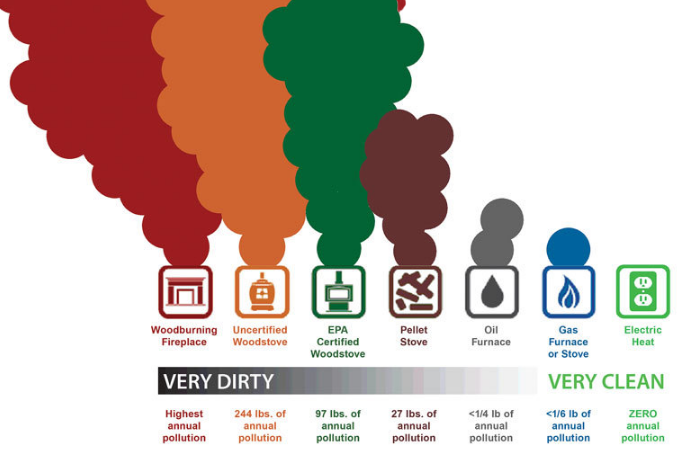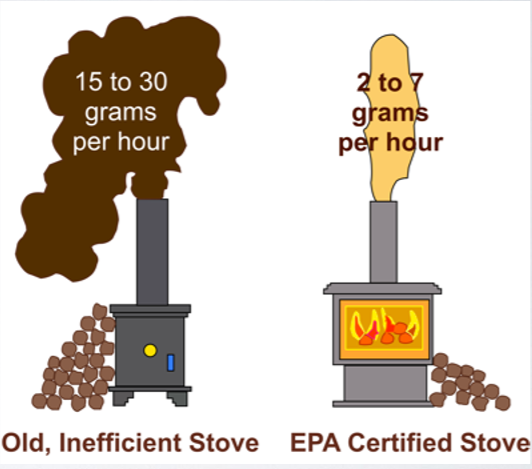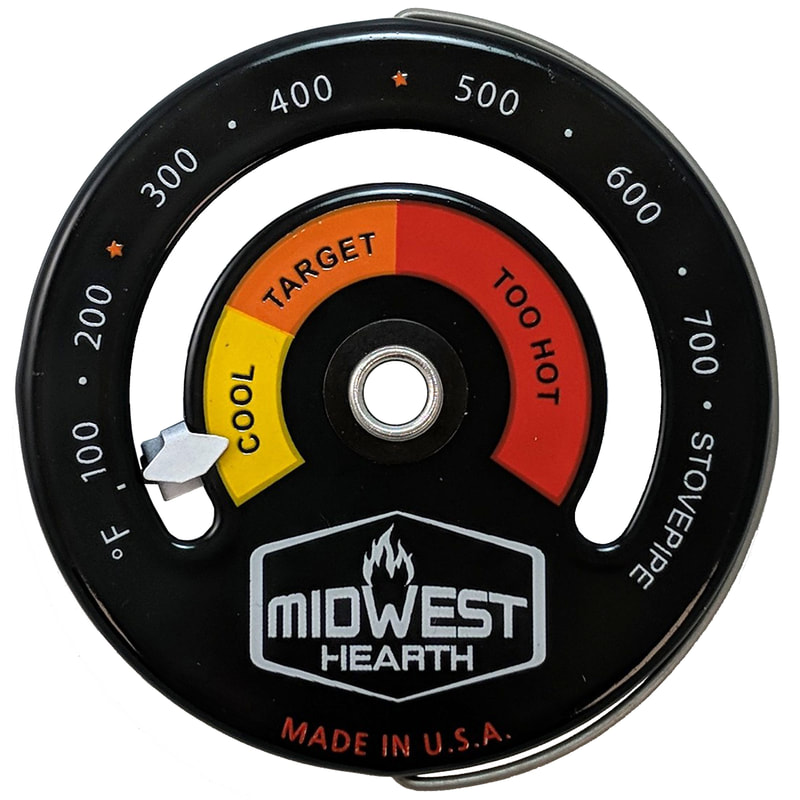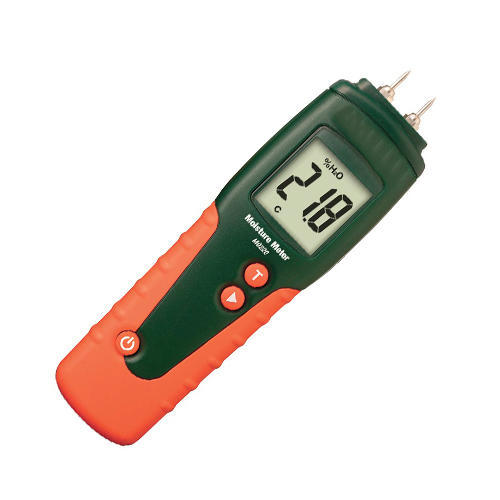5. Ideas to Improve Air Quality in Sarajevo
42% of energy in BiH comes from local coal. Coal pollutes twice as much as natural gas, and home heating with coal/wood meets 0% EU emissions regulations.

5.1. Power to the people
- Household wood/coal smoke is the biggest source of air pollution that citizens have the greatest power to control
- Up to 80% of particulate air pollution can be reduced with currently available technologies
- Improve the current monitoring system
- Install sensors that measure both PM10 and PM2.5 levels with minimal cost (can be placed on any balcony)
5.2. Emissions education
Replacing 20 noncertified, older stoves with 20 environmentally friendly stoves can prevent the emissions of ONE TON of PM2.5 particle pollution.

5.3. Optimize burning efficiency
Distribute stovepipe thermometers.
It is a cheap way to show when the stove is at the optimum burning temperature.

Stovepipe thermometers
Distribute moisture meters.
It is a cheap way to test the moisture in firewood to minimize smoke.

Moisture meters
5.4. Educate on proper usage
8 things you can do to reduce wood smoke pollution:
- Use smaller logs instead of only one large log. Do not pack the fire too full of wood as this will starve the fire of oxygen and cause it to smolder.
- Replace your fireplace or wood stove with a clean-burning natural gas device or an eco-friendly burning device, which emits up to 70% less PM.
- Insulate your home better, e.g. cover drafty windows with heavy curtains or plastic.
- Keep the fire burning brightly for the first 20 minutes after lighting and reloading – the faster you can get the fire going the less smoke there will be.
- Use the right size heater for your home. A big heater burning slowly makes more smoke than a smaller heater burning more quickly.
- Burn clean, hotter fires with plenty of air, in order to prevent visible smoke from a chimney or flue; smoke which indicates poor combustion so adjust dampers or fuel accordingly.
- Never burn plastic, painted wood, treated wood, particle board, wrapping paper or other garbage; burning them releases toxic chemicals.
- Burn only dry hardwood, which produces less smoke and burns hotter; never burn wet wood.
Updated about 6 years ago
What’s Next
